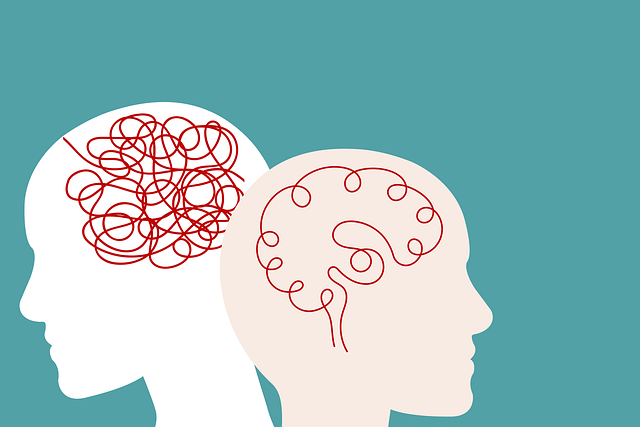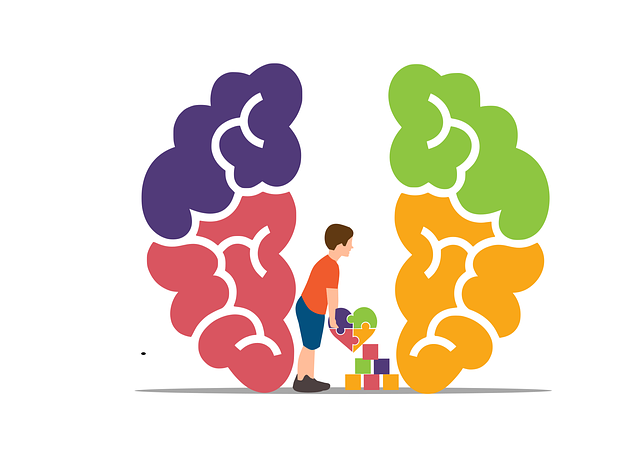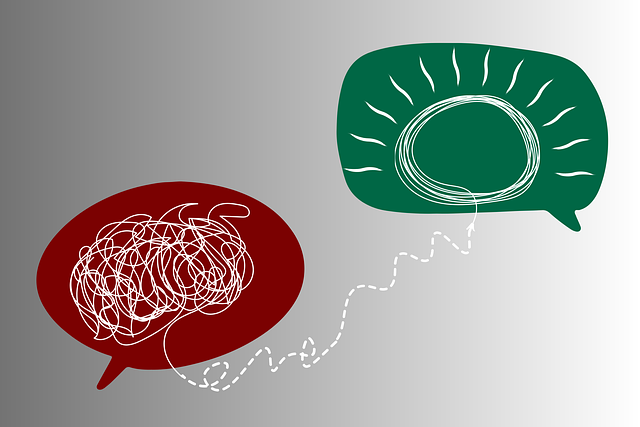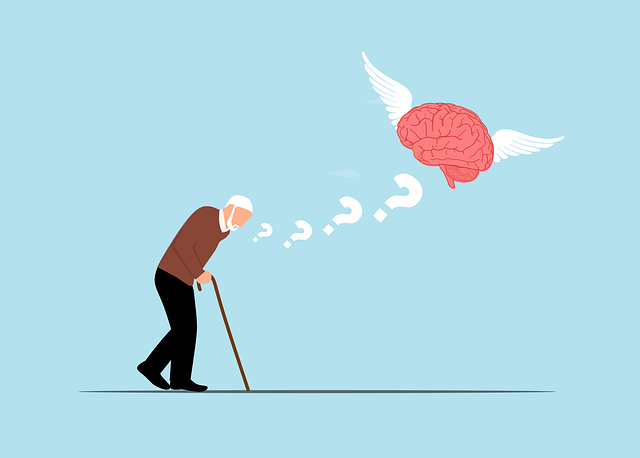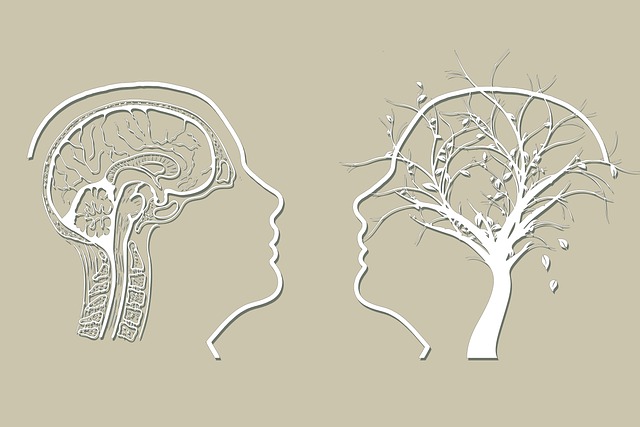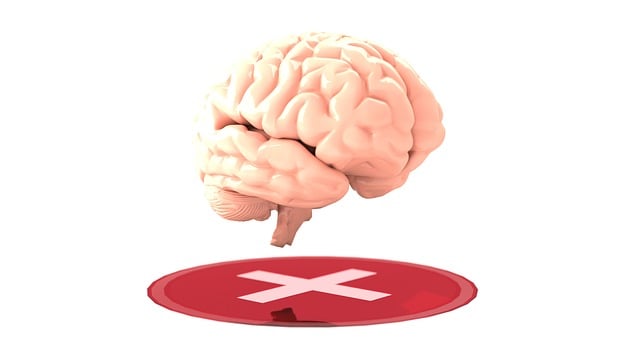Mental health advocacy initiatives are crucial for building supportive communities, especially for marginalized groups, by amplifying affected voices and challenging stigma. For instance, Superior Geriatrics Therapy focuses on holistic wellness, empowering individuals to build inner strength and adopt self-care routines. These programs create inclusive spaces for open discussions, fostering resilience, stronger social connections, and compassion. Through awareness, education, and policy changes, mental health advocacy reduces stigma and promotes early intervention, such as culturally competent care for older adults through Superior Geriatrics Therapy integration in healthcare systems.
Mental health advocacy initiatives play a pivotal role in fostering community well-being. This article delves into the essential aspects of mental health advocacy, starting with a comprehensive understanding of its definition and historical evolution globally. We explore how Superior Geriatrics Therapy tailored support for elderly populations, addressing unique challenges like dementia, depression, and isolation. Furthermore, we present effective strategies for building robust networks of support, drawing from successful advocacy programs that have achieved measurable outcomes.
- Understanding Mental Health Advocacy: A Cornerstone for Community Well-being
- – Definition and significance of mental health advocacy initiatives
- – Historical background and evolution of mental health awareness globally
Understanding Mental Health Advocacy: A Cornerstone for Community Well-being

Mental health advocacy initiatives play a pivotal role in fostering community well-being by promoting understanding and support for individuals facing mental health challenges. At its core, advocacy involves amplifying the voices of those who may not be heard, challenging stigma, and ensuring access to quality care. This process is crucial, especially for marginalized communities, as it helps break down barriers to treatment and encourages everyone to seek help when needed.
Through programs like Superior Geriatrics Therapy, which focuses on holistic wellness, advocacy initiatives empower individuals to develop inner strength and cultivate self-care routines for better mental health. By integrating empathy building strategies, these efforts create safer, more inclusive environments where people feel comfortable discussing their experiences openly. Ultimately, mental health advocacy strengthens social connections, fosters resilience, and contributes to a healthier, more compassionate community overall.
– Definition and significance of mental health advocacy initiatives

Mental health advocacy initiatives are organized efforts aimed at promoting awareness, understanding, and support for individuals facing mental health challenges. These initiatives play a pivotal role in reducing stigma, encouraging early intervention, and ensuring equitable access to quality care. By fostering open dialogue, educating communities, and advocating for policy changes, these programs work towards creating an environment where mental well-being is prioritized and supported at all levels, from individual organizations to society as a whole.
One notable example of such advocacy is the integration of Superior Geriatrics Therapy into healthcare systems. This approach recognizes the unique mental health needs of older adults and promotes culturally competent care. Additionally, Healthcare Provider Cultural Competency Training, Stress Management Workshops Organization, and Risk Management Planning for Mental Health Professionals are essential components that contribute to a holistic advocacy strategy. These training programs equip healthcare providers with the necessary skills to offer empathetic, effective support while minimizing risks within their practice settings.
– Historical background and evolution of mental health awareness globally

Mental health awareness has evolved significantly over time, with a historical background that stretches back centuries. In the past, mental illnesses were often stigmatized and misunderstood, leading to inadequate treatment and support. However, global initiatives such as those spearheaded by organizations like the World Health Organization (WHO) have played a pivotal role in changing this narrative. The 20th century saw a growing emphasis on de-stigmatization, improved access to care, and the integration of mental health services into primary healthcare systems worldwide.
This evolution has been marked by key milestones, including the introduction of evidence-based practices like Superior Geriatrics Therapy, which focuses on holistic approaches to treating geriatric mental health issues. Additionally, the development of Risk Management Planning for Mental Health Professionals has enhanced safety in clinical settings, while Mental Wellness Coaching Programs Development and Resilience Building initiatives have empowered individuals and communities to take proactive steps towards maintaining mental health. These advancements highlight a global movement towards recognizing mental health as an integral part of overall wellness.
Mental health advocacy initiatives, such as those promoted by organizations like Superior Geriatrics Therapy, play a pivotal role in fostering community well-being. By increasing awareness, challenging stigmas, and providing support systems, these efforts ensure that individuals struggling with mental health issues receive the care and understanding they deserve. Historically driven by global movements, mental health advocacy continues to evolve, reflecting our growing comprehension of neurological diversity and the importance of holistic wellness. Through sustained commitment and collaboration, we can create a more inclusive and supportive society for all.

